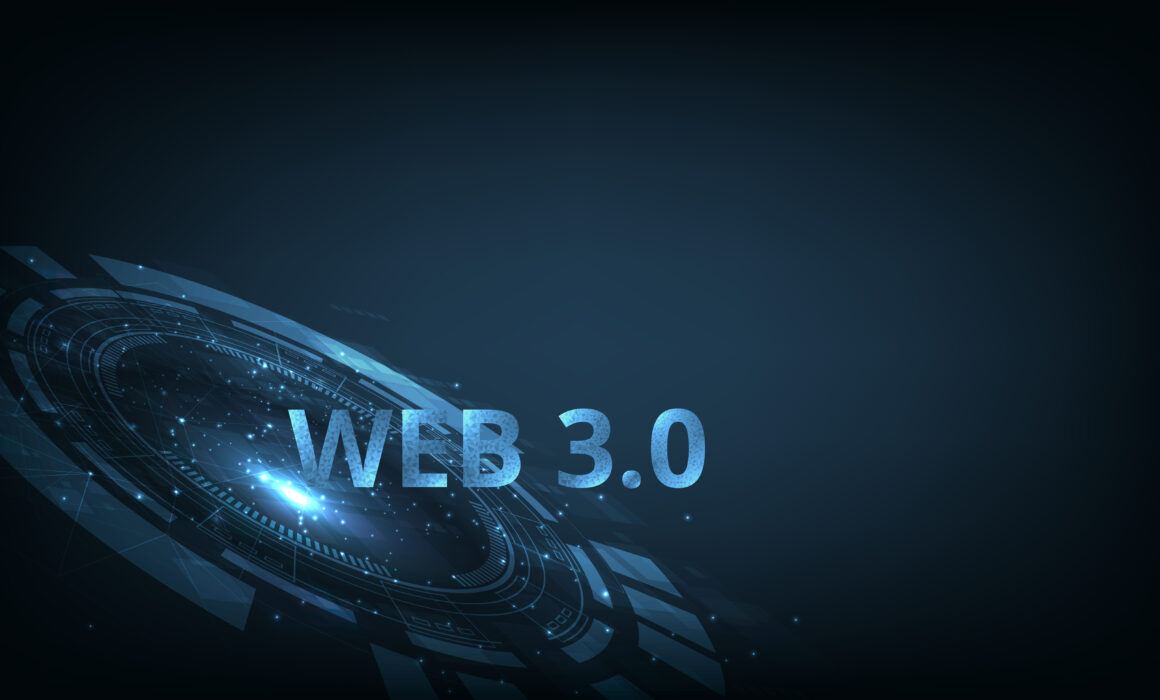The Metaverse and Web3: Are They Just Hype or the Future of the Internet?
Over the past few years, interest has grown in the Metaverse and Web3. These are two concepts that have captured technologists, investors, and enthusiasts’ imaginations.
The Metaverse is an immersive virtual world with the potential to revolutionize how we live, work, and play. Web3 is a decentralized web that is more secure, transparent, and resistant to censorship than the current centralized web. Web3 enables the development of decentralized applications, smart contracts, and cryptocurrencies, which are increasingly popular among users and investors.
Despite the hype surrounding these concepts, some people question whether the Metaverse and Web3 are still relevant today. Critics argue that the Metaverse is a niche concept limited to gaming and entertainment, while Web3 is too complex and immature to be used by mainstream users. However, supporters believe that the Metaverse and Web3 have enormous potential to transform our society and economy in profound ways.
In this blog post, we will explore the Metaverse and Web3 in-depth, discussing their origins, potential benefits, and drawbacks. We will also examine whether or not they are still relevant today and if the Metaverse and Web3 are just hype or the future of the internet.
What is the Metaverse?
The Metaverse is a virtual world where people can interact with each other and digital objects in a completely immersive environment. It is essentially a fully-realized version of virtual reality, with the ability to create and customize avatars, buy and sell digital goods, and explore vast landscapes.
The Metaverse concept has been around since the early 90s. However, it has only recently gained widespread attention due to advancements in technology and gaming and virtual reality popularity. Companies like Roblox and Second Life have already created their own versions of the Metaverse. However, this technology’s potential extends far beyond gaming.
Proponents of the Metaverse believe that it has the potential to revolutionize how we work, socialize, and consume media. Imagine attending a business meeting in a virtual boardroom. Explore a museum exhibit from home, or attend a concert in a virtual arena. The possibilities are endless.
Moving on to Web3, what is it?
Web3, also known as the decentralized web, is a term used to describe an upcoming generation of the internet based on blockchain technology. Unlike the current web, which is centralized and controlled by a few large corporations, Web3 is decentralized and open-source. Web3’s decentralized nature means that no one entity controls it, making it more secure, transparent, and resistant to censorship. It also enables various applications like decentralized finance (DeFi) and non-fungible tokens (NFTs), which have gained a lot of popularity in recent years.
Web3 advocates believe that it has the potential to democratize the internet and give more power back to users. They envision a future where people can own their data, control their digital identity, and participate in decentralized autonomous organizations (DAOs).
Are the Metaverse and Web3 still relevant?
Given the potential benefits of the Metaverse and Web3, it’s easy to see why they have gained so much attention in recent years. However, there are also concerns about their practicality and feasibility.
For the Metaverse, one of the biggest challenges is creating a seamless and immersive experience that can be accessed by a wide range of devices and internet speeds. There are also concerns about addiction and social isolation in a fully virtual world.
Web3 faces adoption. While blockchain technology has been around for over a decade, it is still relatively inexperienced and unfamiliar to many people. There are also concerns about scalability, interoperability, and regulation.
Despite these challenges, both the Metaverse and Web3 are still relevant today. The pandemic has shown us the value of virtual experiences and the importance of decentralization and transparency. Many companies and startups are already exploring the potential of these technologies and investing in their development.
In conclusion, the Metaverse and Web3 are two exciting concepts that have captured many’s imagination in recent years. As we have discussed, the Metaverse has the potential to transform how we socialize, learn, and work. In addition, Web3 can revolutionize how we use and interact with the internet.
While the future of the Metaverse and Web3 is uncertain, their relevance and potential cannot be ignored. Many companies and investors are already exploring ways to harness these technologies. There is no doubt that we will see many exciting developments in the years to come.
As users and consumers, it is paramount to pay attention to these concepts and stay informed about their progress. We need to ask critical questions and hold companies accountable for their actions. Only then can we ensure that the Metaverse and Web3 are developed in a way that benefits everyone and contributes to a better and more equitable future.
Are you interested in learning more about the Metaverse and Web3? Stay up to date with the latest developments and join the conversation by following our social media. Don’t miss out on the opportunity to be a part of the internet’s future.
Recommended Reads: 10 reasons why you need a digital marketing strategy in 2023 (betterflylb.com)
Author Profile
Latest entries
 Blog ListApril 24, 2024Social Commerce in 2024: The Rise of Instant Shopping
Blog ListApril 24, 2024Social Commerce in 2024: The Rise of Instant Shopping Blog ListApril 17, 2024Cryptocurrency in 2024: Beyond the Hype for Millennials.
Blog ListApril 17, 2024Cryptocurrency in 2024: Beyond the Hype for Millennials. Blog ListApril 14, 2024Generative AI in 2024: A Revolution on Hold?
Blog ListApril 14, 2024Generative AI in 2024: A Revolution on Hold? Blog ListApril 3, 2024Why User-Generated Content (UGC) is Your New Marketing Must-Have
Blog ListApril 3, 2024Why User-Generated Content (UGC) is Your New Marketing Must-Have


















